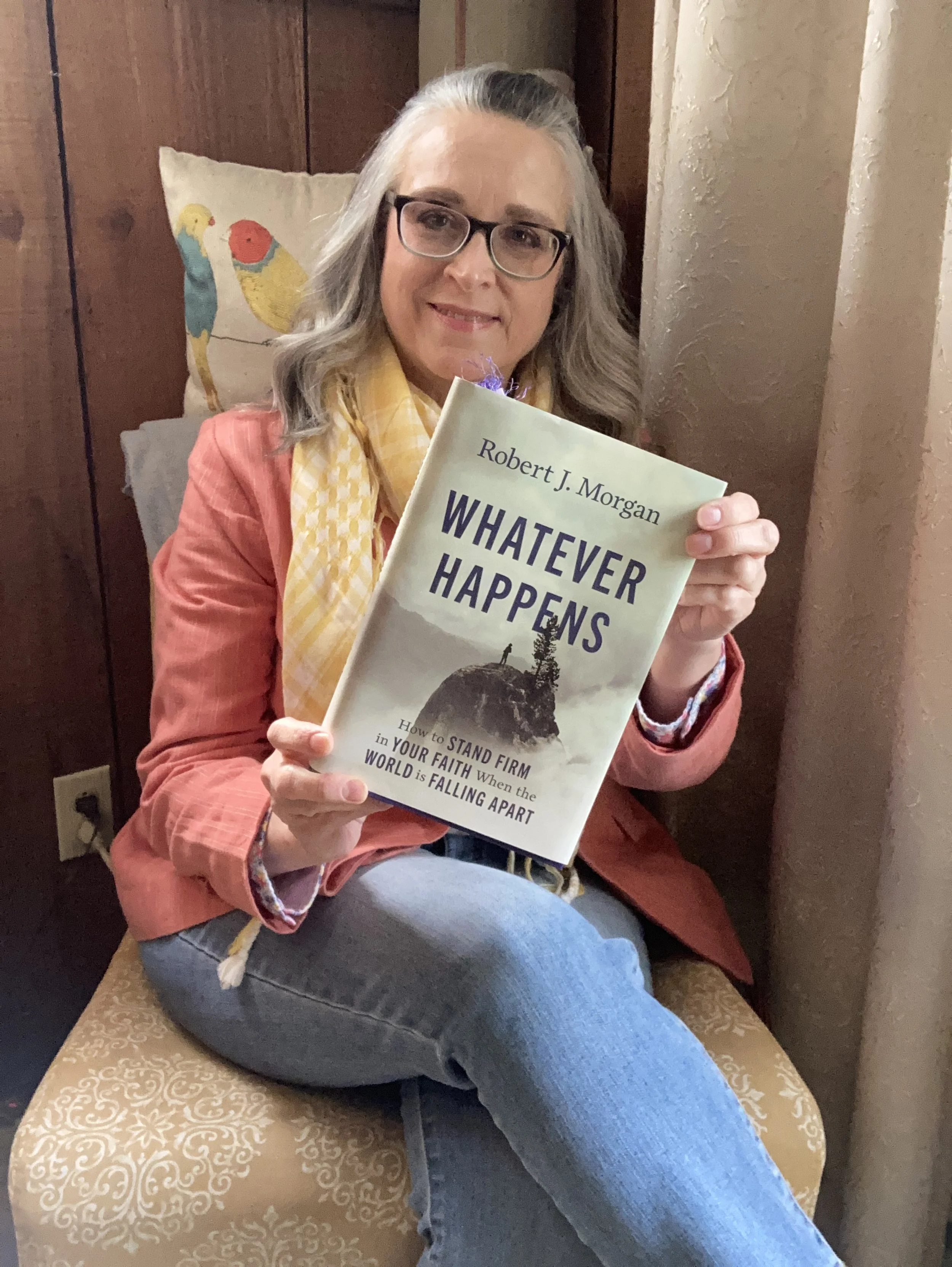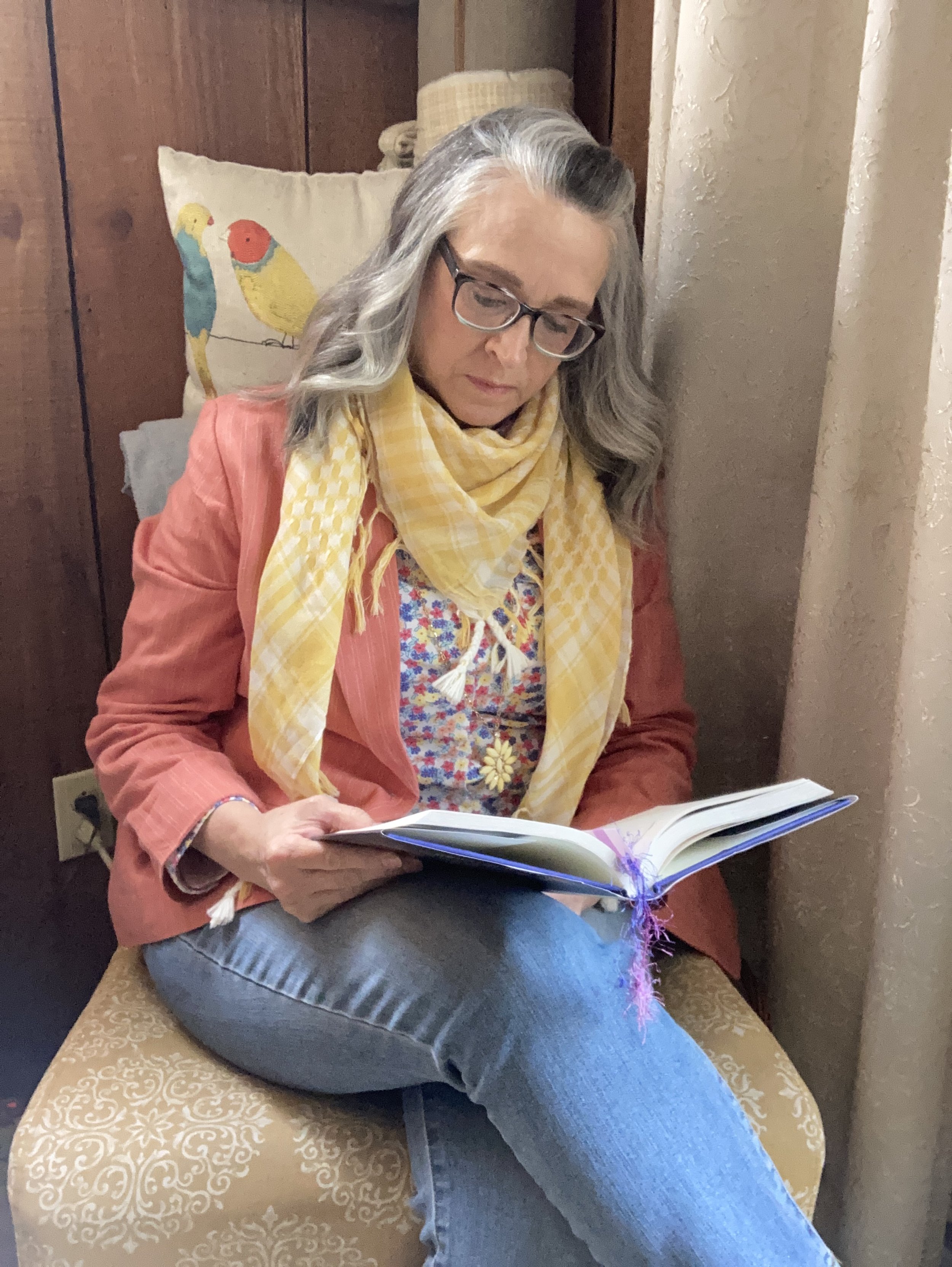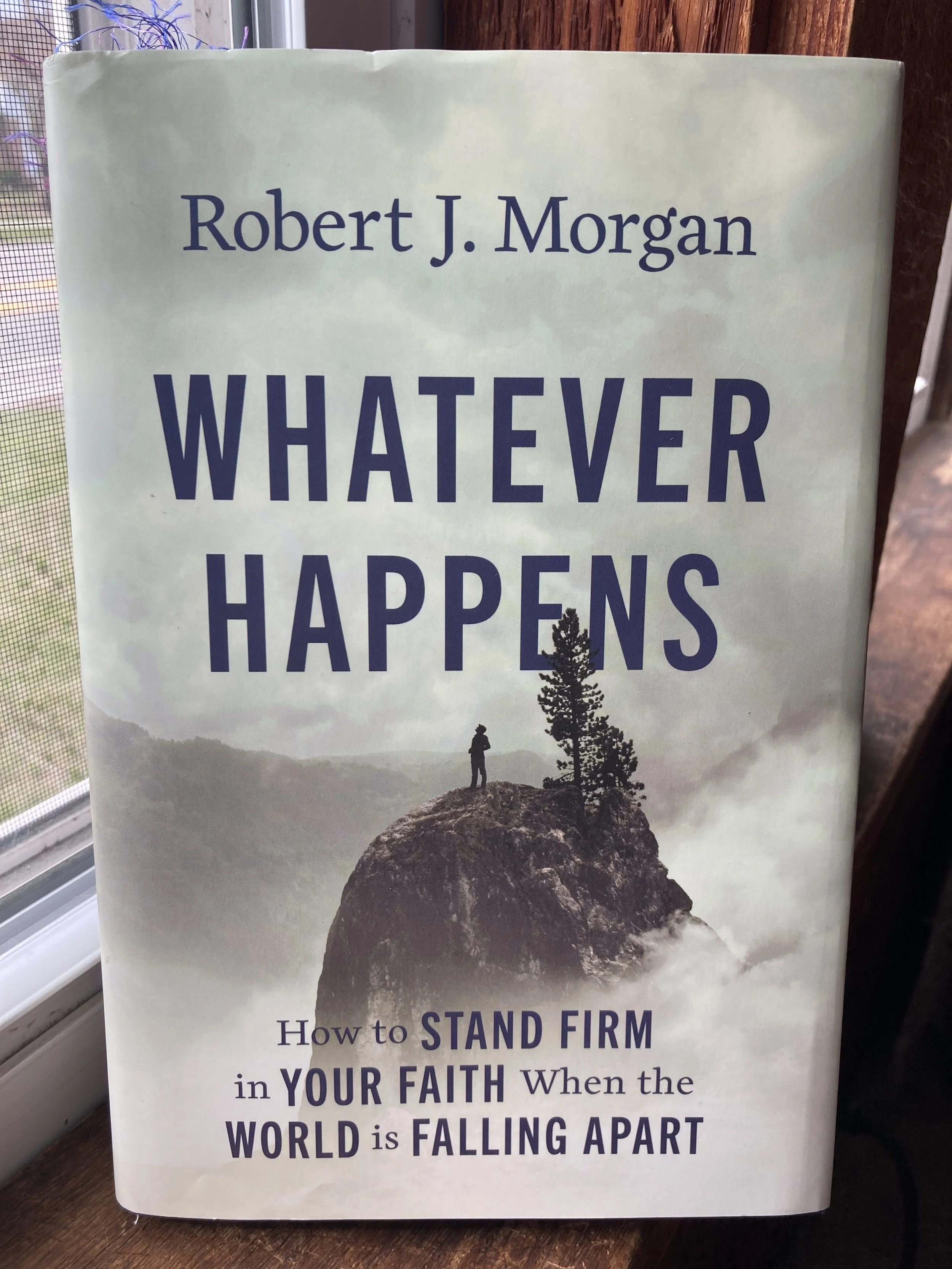The Greatest Story - The Story Behind the Cross
We are all story tellers in one form or another. Whether you are telling a friend about your trip to the doctor’s office, your spouse about the new movie you just saw, or people on social media about the sales at Nordstrom, we are all telling a story. Your story might not be exciting, or full of action and romance, but it is your story. Story telling is a way of relaying information. At times the information might be made up for the purpose of entertainment, but more often story telling is a way to relay true accounts and facts.
We tell stories with our words, but we can also tell stories with our body language and other vocalizations. Crying tells a story of great sadness, or euphoric joy. Anger tells a story of frustration or hatred. Walking with your head raised, making eye contact tells us you are confident and most likely friendly. Sitting alone at a social even with your head down looking at your phone tells a story of relational struggle and possible low self esteem.
Story telling has been around for centuries. It is one of the oldest ways of relaying information. When God inspired the writers of the Old and New Testaments He spoke to them in a type of story form. He didn’t just give them a list of facts telling them to write them down as bullet points. He gave them people, places, events with incredible details.
The Gospels of Matthew, Mark, Luke and John are rich with details on the birth, life, death and resurrection of Christ. Indeed, they do not just include the who, what and wheres of a good story, but they are also seen as true accounts of Christ’s teaching, travels, prayers, and sufferings.
Image by congerdesign from Pixabay
To be sure, these are not made up stories, but factual accounts of the life of Christ and the lives of his followers. From His birth in a stable in Bethlehem, to His triumphal entry into Jerusalem, to His agony in the Garden, to His death on a hill with a criminal on each side, to His burial, to His walk in the garden after three days, these books give us every detail we need to know the living Christ.
What makes Christ’s story the greatest story ever told? It is unique in its message, and universal in its reach. This story is the only one inspired by the true, living God, put together by 36 different men, all with the same message over a period of 1500 years.
The focus of the Old Testament is the why. The first two chapters of Genesis relate the beautiful symphony of the triune God bringing our planet, and life into existence. Unfortunately by Chapter three, we learn of the devastating fall of that glorious creation by one choice to sin. What follows is a detailed telling of the history of the nation of Israel, God’s chosen people and the system of the law, God put into place to govern those people.
We need to remember this was all laid out to point to a future event: the coming of the fulfillment of the Law, Jesus Christ. The Old Testament is full of prophecy pointing to Christ’s coming. In order to fully understand the need and provision of the New Covenant, God gave us the detailed account of the Old Covenant. As seen in Hebrews, the Law was imperfect, but Christ was perfect.
“18 For, on the one hand, there is a setting aside of a former commandment because of its weakness and uselessness
19 (for the Law made nothing perfect), and on the other hand there is a bringing in of a better hope, through which we draw near to God.
20 And inasmuch as it was not without an oath
21 (for they indeed became priests without an oath, but He with an oath through the One who said to Him,
“The Lord has sworn
And will not change His mind,
‘You are a priest forever’”);
22 so much the more also Jesus has become the guarantee of a better covenant.”
Christ is the guarantee of a better covenant, the new covenant brought about in the New Testament. This covenant is laid out simply in a few simple verses from the New Testament.
“16 “For God so loved the world, that He gave His only begotten Son, that whoever believes in Him shall not perish, but have eternal life.”
Image by Fernando Rodriguez from Pixabay
The following verses are known as the Roman Road. They tell the Gospel of Christ in simplistic terms.
“23 for all have sinned and fall short of the glory of God,”
“23 For the wages of sin is death, but the free gift of God is eternal life in Christ Jesus our Lord.”
“8 But God demonstrates His own love toward us, in that while we were yet sinners, Christ died for us.”
“9 that if you confess with your mouth Jesus as Lord, and believe in your heart that God raised Him from the dead, you will be saved; 10 for with the heart a person believes, resulting in righteousness, and with the mouth he confesses, resulting in salvation. ”
We learn all about the system of sacrifices that were part of the Old Covenant in the Old Testament. Jesus’ sacrifice on the cross did away with the need for that system. The Law given to Moses by God, was fulfilled in Christ given to us by His Father.
Image by Gerd Altmann from Pixabay
The story of the cross was centuries in the making, but the most beautiful thing about it is that it gave access to the throne of God to every single person who believes. It doesn’t matter who you are or who you have been. It doesn’t matter where you live or what sort of job you have. It doesn’t matter how low you have gone, or how great you have been. The story of the the cross is for all.
If you are struggling today with the story of your life, look to Jesus. He will make all the difference.




















